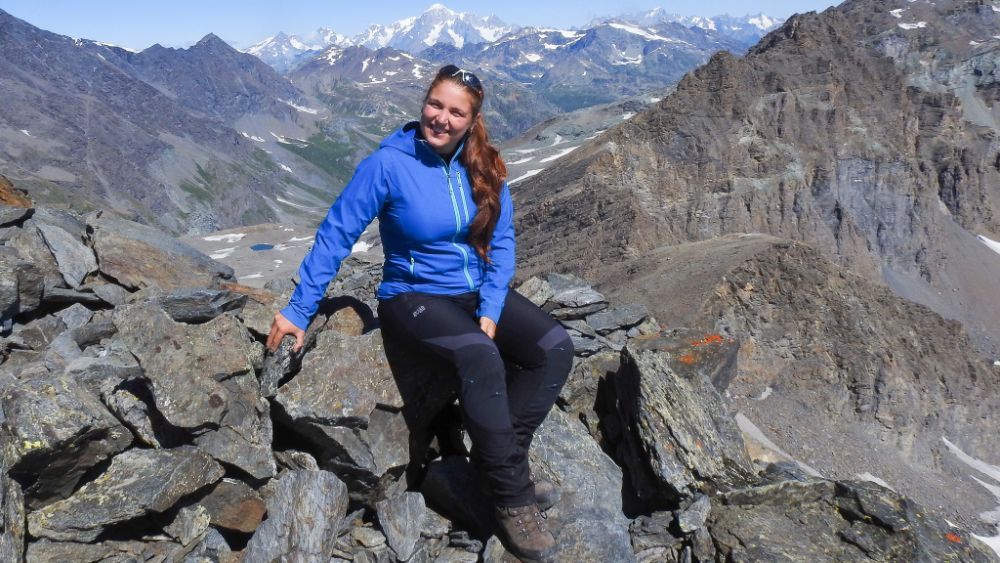Link to downlodable version of the the thesis.
The increasing human footprint is rapidly modifying the environmental gradients, altering animal populations and community composition, with consequences on disease transmission. However, in an eco-epidemiological framework, some links between ecological underpinning processes and the host-parasite-pathogen patterns have not been disentangled, yet their understanding is becoming urgent under the current climate and global change.
The project assessed the drivers of small mammal community composition and demography, and the cascading effects on the parasitic load and the circulation of common and emergent infectious pathogens. This was pursued by performing live-trapping of small mammals within a multi-factorial framework. In particular, field experimental manipulations of anthropogenic food resources across longitudinal and altitudinal gradients of habitat heterogeneity were combined with advanced laboratory procedures and novel analytical tools to evaluate the proximate consequences of environmental changes on small mammal populations, species distribution and thereby on intensity of feeding ticks and pathogens’ circulation.
Contribution to the academic field and in society in general
The thesis represents an ‘eco-epidemiological bridge’ between classical pillars of ecological research, such as fitness (survival), spatio-temporal demographic cycles and interspecific competition, and current directions of investigation, which include anthropogenic effects, and environmental heterogeneity gradients. We experimentally demonstrated the consequences of climate and anthropic disturbances on small mammal communities and populations. These alterations in demography and species distribution of small mammals can affect ecosystems functioning (i.e. variation in forest structure and cascading effects on the food web), but also have detrimental implications on human society (i.e. anthropic activities and human health).
The thesis represent an excellent example of the dynamic interactions between environment, wildlife and humans, and advocates the need of an holistic and transdisciplinary approach incorporating the health of mankind, animals and ecosystems, as encouraged by the “One Health” concept.
Main findings
- Climate severity, seasonal variation and food availability strongly interplay in shaping small mammal survival, density and spatial patterns
- Spatially confined overabundant food resources trigger interspecific competition between mice and voles at southern European latitudes, opening concerns on future climate change scenarios
- High density and spatial aggregation of both small (rodents) and large (deer) hosts, coupled with high density of ticks in the environment, enhance tick load amplification in anthropic, fragmented landscapes
- Less limiting climate and environment conditions determine geographic expansion of generalist small mammal species, and ticks alongside, in mountain habitats
- Upward distributional shift of species is accompanied by circulation of common rodent- and vector-borne pathogens, as well as of emergent protozoans that may hold crucial epidemiological role along the food web
Public defence
The public defence is to be held at Evenstad campus on 9 September 2022. The defence will be streamed and will start at 11:15.
Read more about the public defence.
Read more about the PhD programme in Applied Ecology and Biotechnology
More information
- barbara.zimmermann@inn.no
- Phone
- +47 62 43 08 70
This public defence was held on 9.9.2022.



